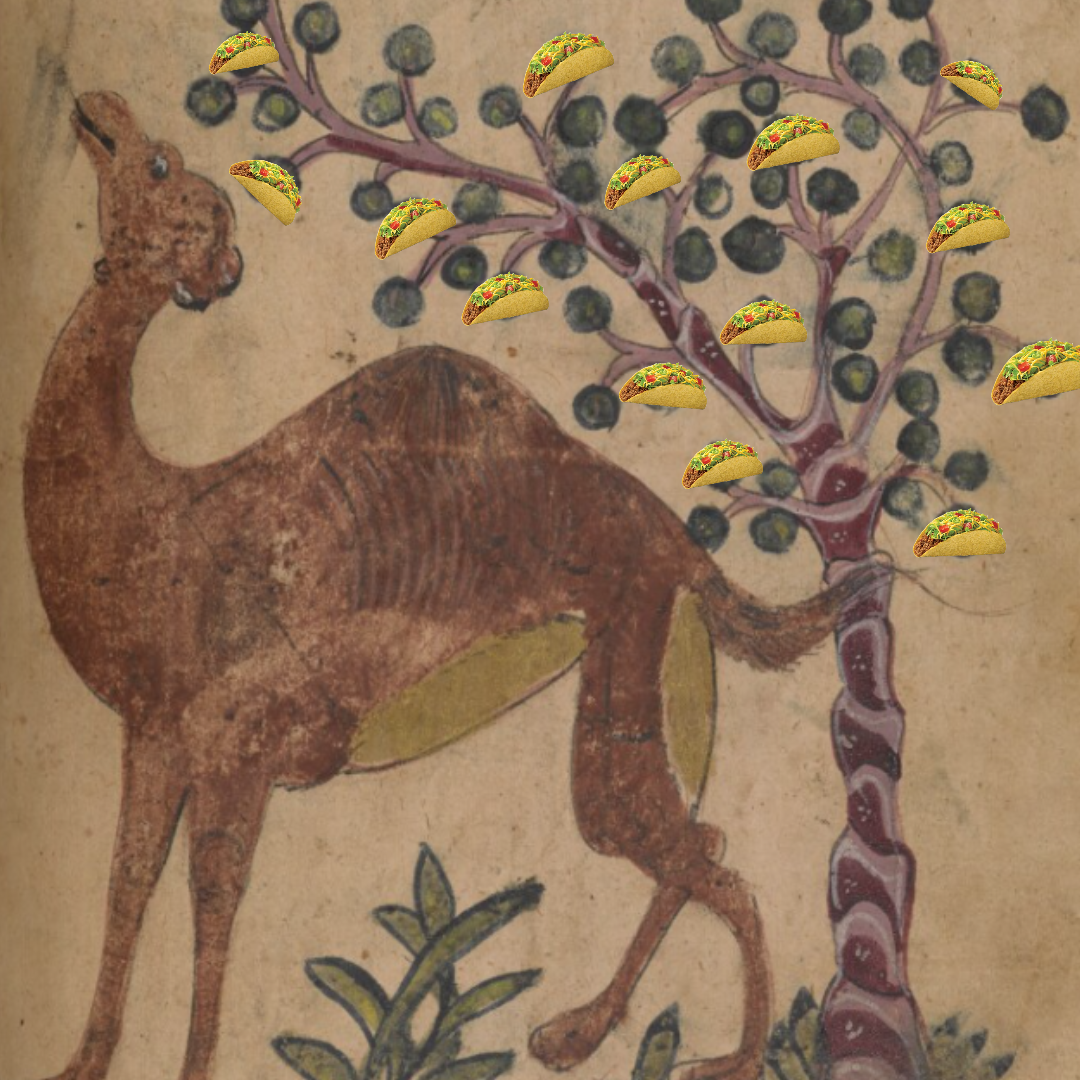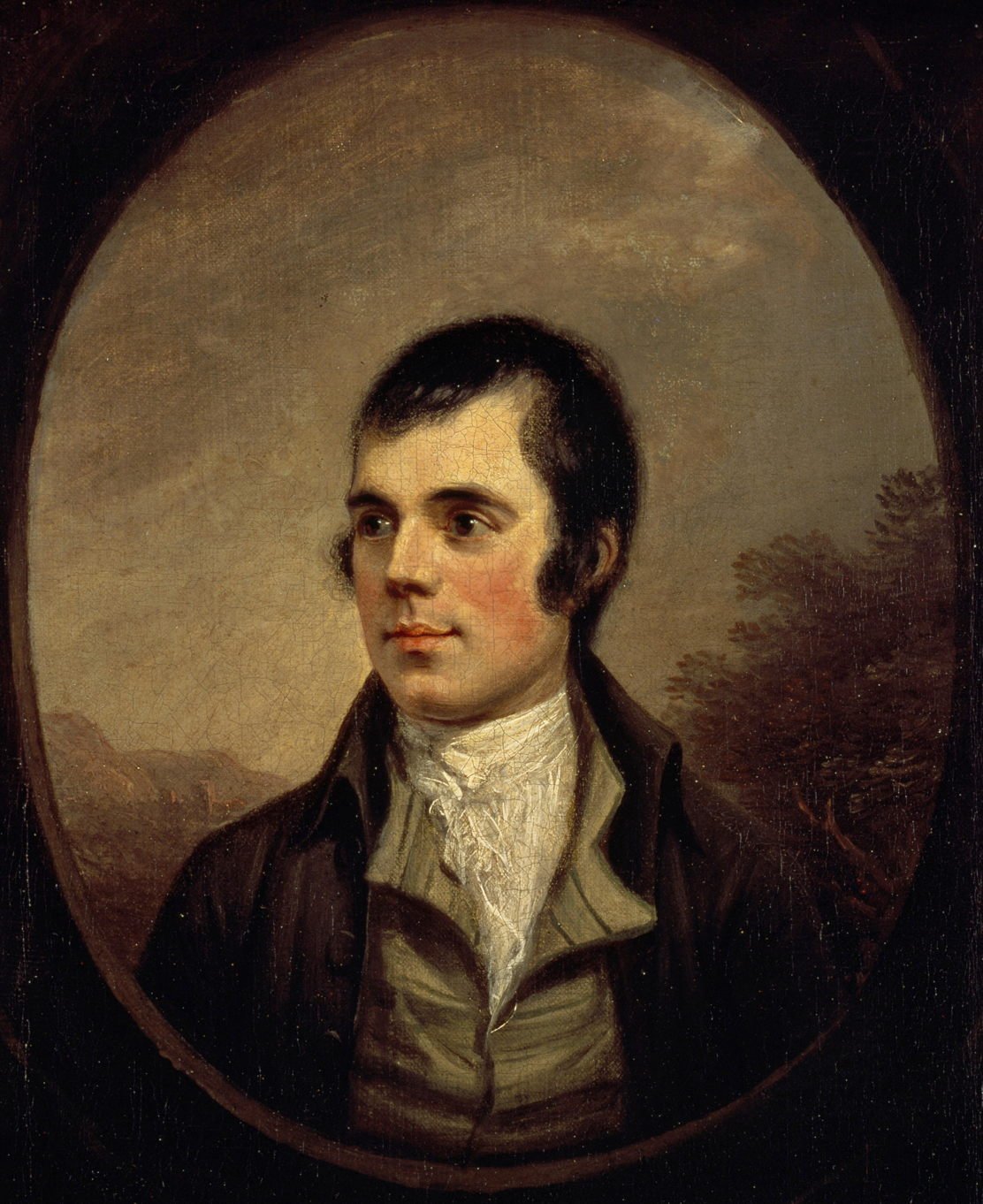April: Good or Not? Discuss
Danny Johnson
We are approaching the end of April, which is either the ‘cruelest month’ (T. S. Eliot) or which is ‘in my mistress' face’ (Thomas Morley) or which makes us want to travel, according to Robert Browning: “Oh to be in England now that April’s there.” (I was thinking more along the lines of Belgium…) At any rate, it’s good news because the Central Texas summer isn’t here yet, but it’s bad news because the Central Texas summer could very well arrive tomorrow and last until October. Ugh. Let’s change the subject, eh?
In 2018, Maestro Daniel Johnson explained ensaladas, pieces that are also featured on our upcoming Alegría: The Spanish Renaissance program. See more videos on our Gallery page!
Rather than think about such things as weather’n’stuff that are out of our control (and that includes a lot of stuff!) let’s think about a nice salad, or ensalada, if you will. In our upcoming Alegría concert we will be performing a few ensaladas, which are unique pieces from Renaissance Spain composed by Mateo Flecha. These are little epics, illustrated with music in many different styles to fit the rapidly shifting texts; so it’s a little of this and little of that: a salad, prepared brilliantly by Señor Flecha. The most epic of these is La Justa (The Joust), a battle between good and evil, the light and the dark. Think of Dumbledore/Gandalf/Obi-Wan Kenobi on one side and several adversaries Who Shall Not Be Named on the other side.
Yet, there is much Alegría (joy) throughout! See the details below, including audio excerpts. Enjoy April while we have it!
—Danny
Alegría: The Spanish Renaissance
Saturday, May 17, 2025, at 7:30 pm
&
Sunday, May 18, 2025, at 3:00 pm
Redeemer Presbyterian Church, 2111 Alexander Avenue
Hosted by Arts on Alexander on the campus of Redeemer Presbyterian Church,
2111 Alexander Ave, Austin, TX 78722.
Visit the Arts on Alexander 2024-2025 events on the AoA website.
Admission $35 general; $30 seniors (60+); $5 students with ID
Tickets available in advance online or by cash, check, or credit card at the door.
For more information, email boxoffice@early-music.org.
Seriously? There are ensaladas on this concert?!?
Usually, if you want an ensalada, you go to a restaurant, not a concert, right?
Not so fast, my friend; these ensaladas are a treat for the ears and the spirit, but have nothing to do with the delectable edible! Like most salads, they are created from a little of this and little of that, but that’s where the similarity ends. Filled with drama, Biblical quotations, exhortations, lovely melodies, and lots of humor, the ensaladas are toe-tappers from beginning to end! They were extraordinarily popular in many of the Cathedrals of Renaissance Spain—and were even banned in a few!
For a less raucous and solemn contrast, our program will explore some of the glorious wealth of polyphonic sacred music from the cathedrals and monasteries of 16th-century Spain, a repertoire that has served as inspiration for fans of choral music everywhere, with selections by Cristóbal de Morales and Francisco Guerrero. The Agnus Dei from the Missa Mille Regretz, by Morales, is not only a beautiful way with which to end a mass, but it is also a fitting homage to Josquin des Prez, the famous composer who composed one of the most unique chansons in the Renaissance, Mille Regretz. To be fair, there are questions about who really composed the chanson, but there’s no doubt about its hauntingly beautiful effect.
Other pieces in the concert feature the viol consort, led by our guest artist, viola da gamba star Mary Springfels, guest percussionist Peter Maund, and 3 sackbut (early trombone) players, led by University of Texas trombone faculty Nathaniel Brickens.
Soloists and featured singers include Jenifer Thyssen, Gitanjali Mathur, Jenny Houghton, Cayla Cardiff, Jeffrey Jones-Ragona, David Lopez, Tim O’Brien, Ryland Angel, and many more.
Enjoy these audio teasers from our 2015 and 2018 performances:


















